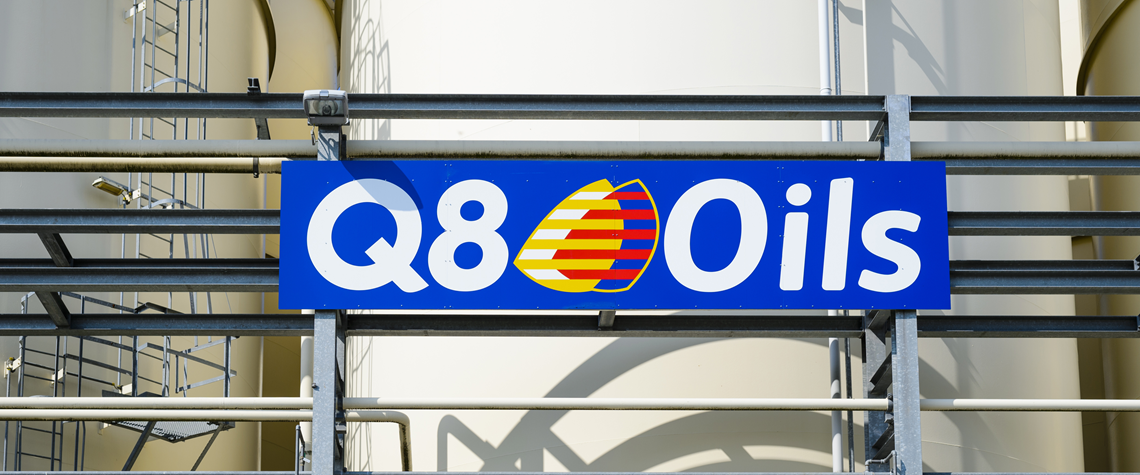All change in Kuwait's energy sector
Kuwaiti energy officials are hoping that the recent wholesale shake-up of senior management will herald a calmer future
Simple statistics can sometimes tell a story better than words. Take the case of the number of oil ministers appointed in two neighbouring Middle Eastern states. Saudi Arabia has had only two since 1995: Ali Naimi and the current minister Khaled al-Faleh. Kuwait is a very different proposition. When Khaled al-Fadhel took over at the oil ministry in late December he became the fourth person to hold the job in just two years. Since the beginning of this century, few Kuwaiti oil ministers have remained in the job for more than a year. Against this chronically unsettled background it is little wonder that Kuwait's energy sector longs for a period of political stability. Few expect this to come s

Also in this section
18 February 2026
With Texas LNG approaching financial close, Alaska LNG advancing towards a phased buildout and Magnolia LNG positioned for future optionality, Glenfarne CEO Brendan Duval says the coming year will demonstrate how the company’s more focused, owner-operator approach is reshaping LNG infrastructure development in the North America
18 February 2026
The global gas industry is no longer on the backfoot, hesitantly justifying the value of its product, but has greater confidence in gas remaining a core part of the global energy mix for decades
18 February 2026
With marketable supply unlikely to grow significantly and limited scope for pipeline imports, Brazil is expected to continue relying on LNG to cover supply shortfalls, Ieda Gomes, senior adviser of Brazilian thinktank FGV Energia,
tells Petroleum Economist
17 February 2026
The 25th WPC Energy Congress, taking place in Riyadh, Saudi Arabia from 26–30 April 2026, will bring together leaders from the political, industrial, financial and technology sectors under the unifying theme “Pathways to an Energy Future for All”







